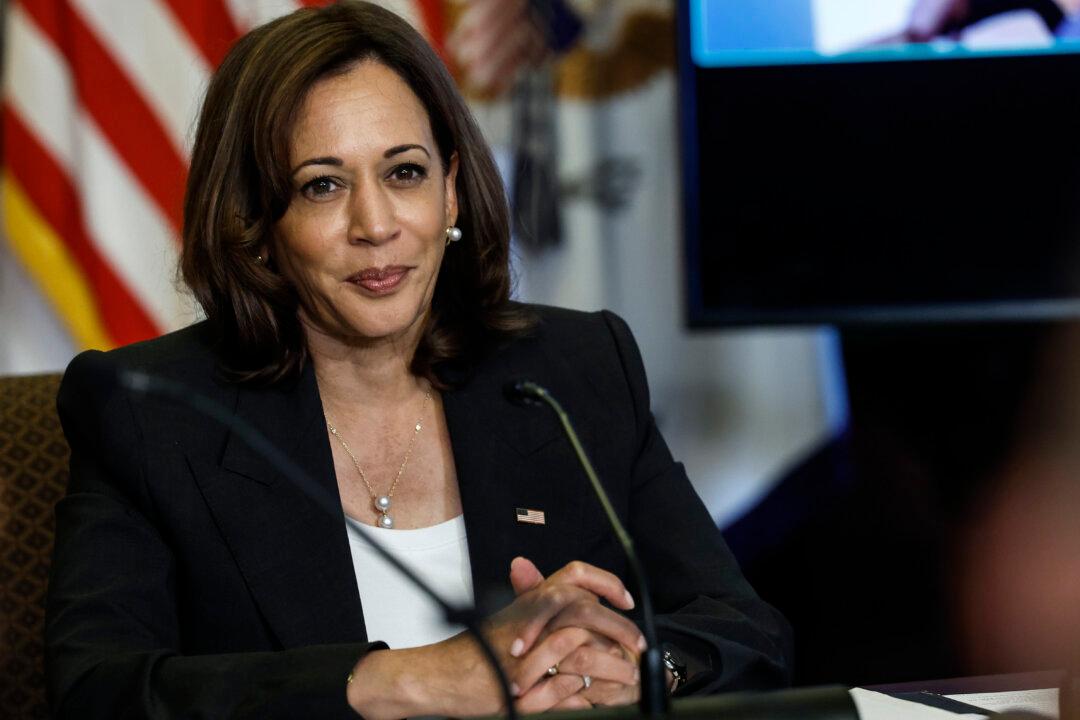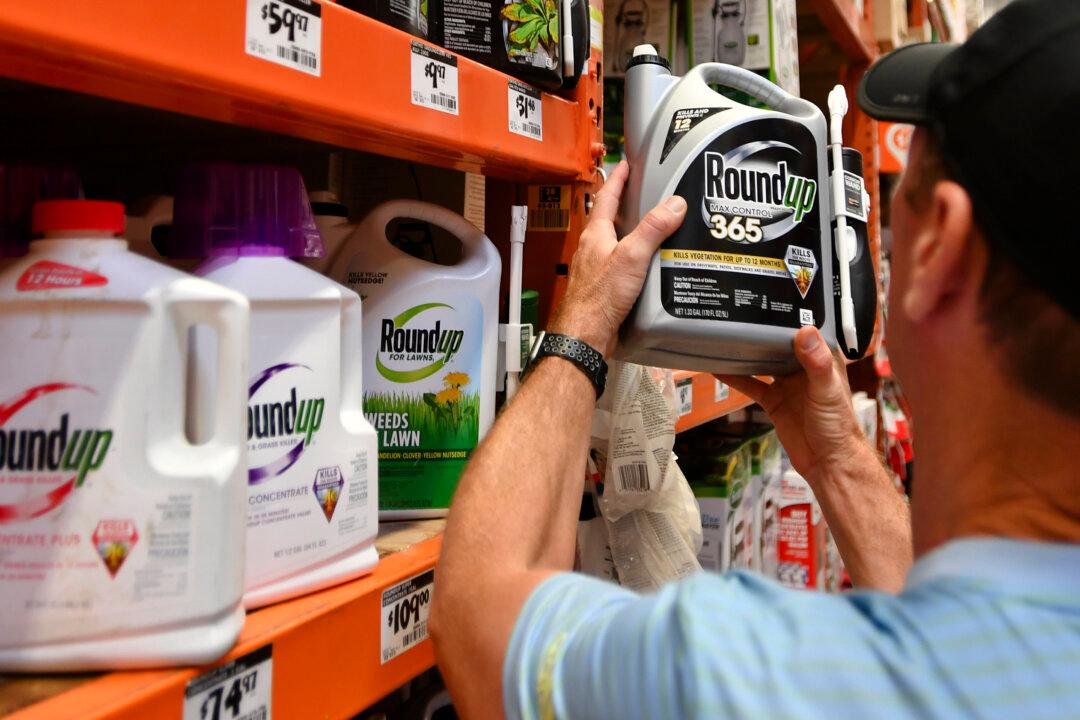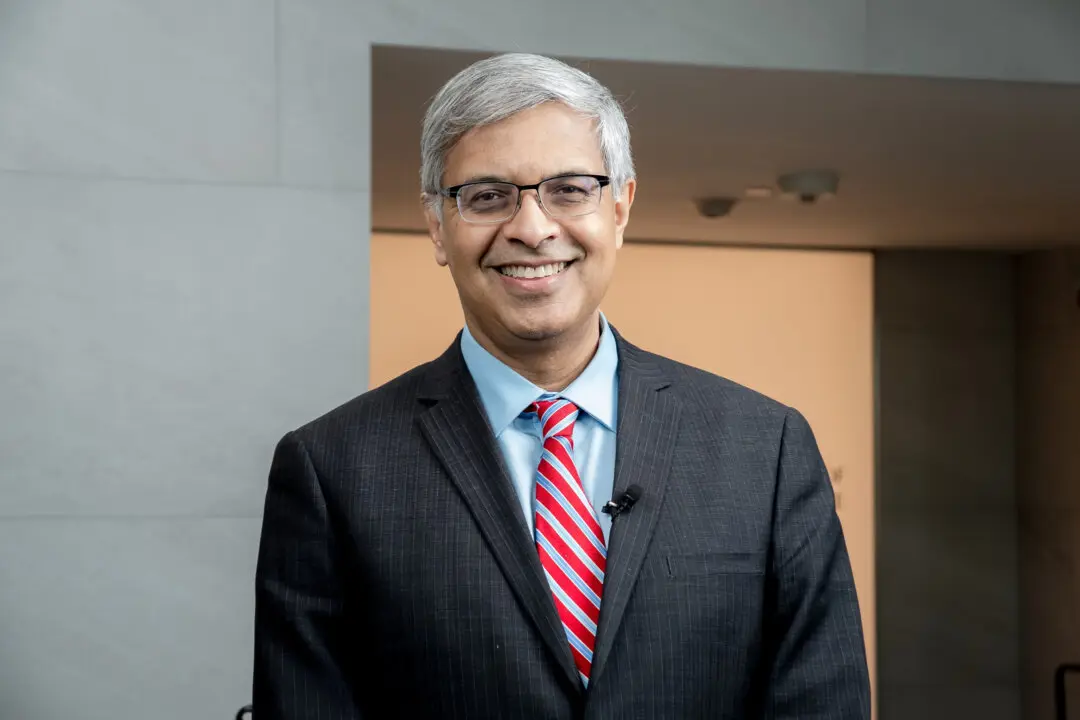Vice President Kamala Harris will on Feb. 1 attend the funeral of Tyre Nichols, the 29-year-old Fed Ex worker and father of a 4-year-old son who died three days after a Jan. 7 traffic-stop beating by five Memphis police officers.
The funeral will be held at Mississippi Boulevard Christian Church in Memphis.





